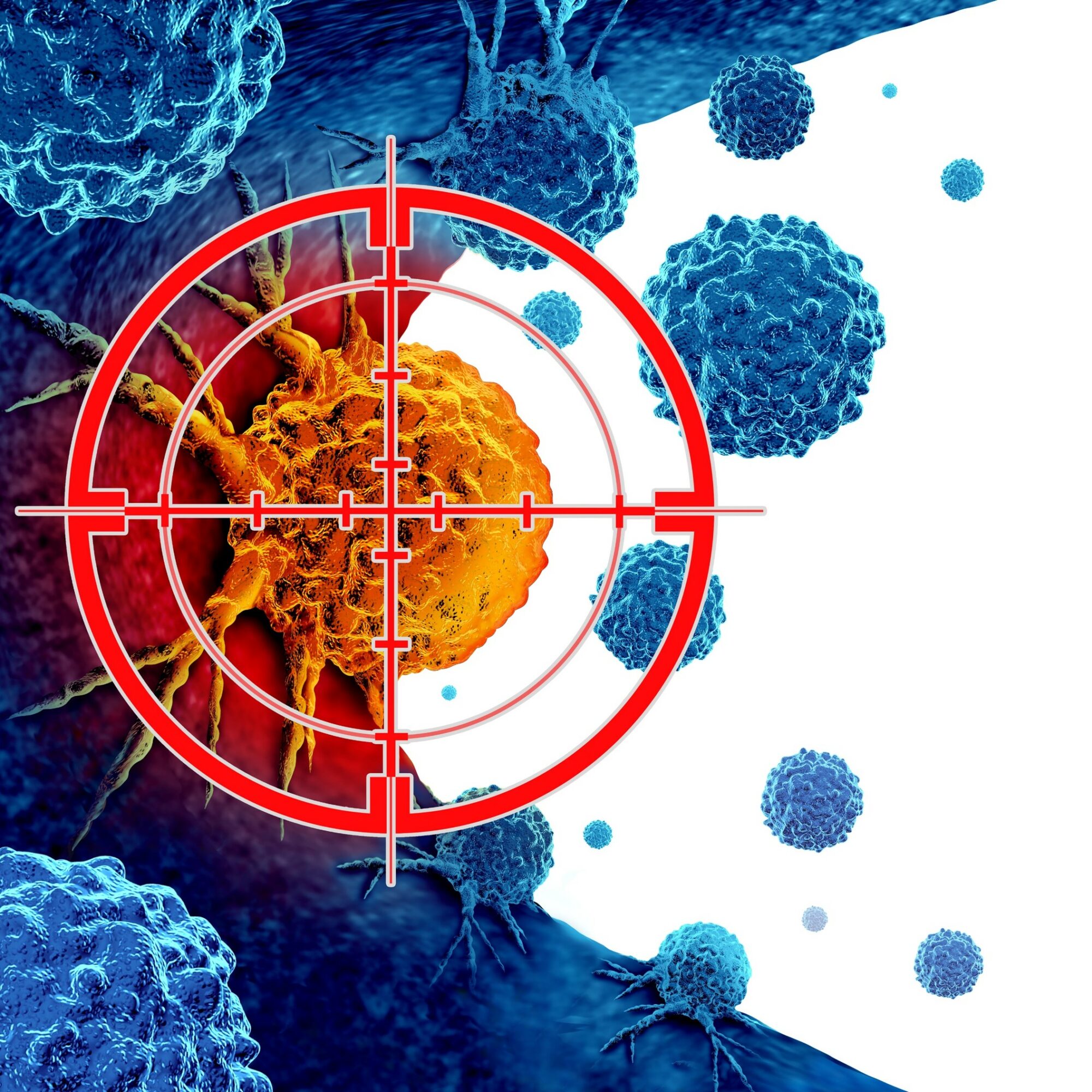Today’s diverse and effective treatments have their limits
The choice and order of treatments for prostate cancer depend, in particular, on the extent of the cancer at the time of diagnosis (stage I to IV, from least to most extensive). Some options can be prescribed on their own, or in conjunction with other therapies.
Active surveillance
Active surveillance, or vigilant monitoring, is an option for patients with localized, low-risk prostate cancer. This approach involves regular monitoring of disease progression without active treatment, so as not to cause unnecessary harm to the patient.
Surgery
Prostatectomy, the surgical removal of the prostate gland, is one of the most common treatment options, particularly when the cancer is still localized. However, side effects such as urinary continence disorders, sexual dysfunction and erectile dysfunction can occur after treatment.
Radiotherapy
Radiotherapy is also a common treatment option for localized and/or locally advanced cancers. This prostate cancer treatment uses ionizing radiation to destroy cancer cells. Radiotherapy can be external or internal (also known as brachytherapy, when radioactive sources are placed inside the prostate and emit radiation locally). Radiation side effects vary from one individual to another, and if not precise, radiotherapy can also destroy healthy tissue adjacent to the tumor.
Hormone therapy
Hormone therapy is the treatment of choice when prostate cancer is metastatic. This therapy aims to reduce testosterone levels in the body, thereby slowing the growth of prostate cancer cells. Hormone therapy is effective, but is sometimes accompanied by side effects linked to the drop in male hormone levels, such as erectile dysfunction, mood swings, hot flushes and fatigue.
Chemotherapy
Chemotherapy is considered when prostate cancer has metastasized, and is often used as a complement to hormone therapy. However, chemotherapy can have significant side effects, including a drop in white blood cells, red blood cells and platelets, fatigue, nausea, vomiting and loss of body hair.
Several options exist to treat prostate cancer, all of which are effective but not optimal. Potential side effects can be significant, and treatment options as well as trade-offs need to be discussed between the patient and his or her doctor according to individual circumstances. Research is also underway to develop innovative new treatments for prostate cancer that could improve outcomes and tolerability for patients.
New, more personalized, less invasive and more effective prostate cancer treatments
There are several promising avenues of research for the development of innovative new treatments designed to improve outcomes and reduce the side effects of current therapies, for example 46 prostate cancer clinical trials are currently underway in France. These new treatments may be recommended for patients with advanced or metastatic prostate cancer who do not respond to conventional therapies.
Immunotherapy
Immunotherapy is a treatment approach that aims to stimulate the immune system to help it fight cancer. This approach is already used successfully to treat certain types of cancer, and 10 clinical trials are currently underway in France to develop specific immunotherapies for prostate cancer, for example with checkpoint inhibitors. This treatment can be offered to patients for whom conventional therapies are no longer effective.
Targeted therapies
Targeted therapies are treatments that aim to target specific proteins present in prostate cancer cells, without impacting other cells in the body. This treatment option therefore offers a much greater differential between efficacy and toxicity. Examples include tyrosine kinase inhibitors, PARP inhibitors and antibody-drug conjugates. This treatment may also be used to indicate underlying causes of the cancer, for example, in patients with metastatic prostate cancer with genetic alterations. 8 clinical trials are currently underway in France to develop targeted therapies for prostate cancer.
Gene therapy
Gene therapies aim to modify the genes of prostate cancer cells via a vector in order to prevent their growth or destroy them. Effective and already used to treat certain types of leukemia (CAR-T Cells), research is underway to extend this therapeutic option to other types of cancer.
Find out how our team can support you in your gene therapy projects >
Photodynamic therapies
Photodynamic therapies use a photosensitizing drug and light delivered via an optical fiber. Once the drug has been absorbed and the light activated, the cancer cells are destroyed, making it possible to treat tumors confined to the prostate. Used to treat melanoma, this option is intended to be extended to other types of cancer. In France, 4 clinical trials are studying the effect of this therapy on localized prostate cancer.
Advances in prostate cancer research are therefore focused on more personalized, less invasive treatments that are more effective and/or better tolerated.
Prostate cancer remains a major public health issue, due to its frequency and impact on the quality of life of affected men. Although current treatments are effective and offer patients a good prognosis (5-year survival rate of over 90%), recent advances in prostate cancer treatment offer promising prospects for improving treatment efficacy, reducing side effects, increasing the chances of cure and increasing treatment personalization. Alcimed continues to monitor these innovations and is at your side to help you meet the challenges associated with these new treatments and their commercialization. Don’t hesitate to contact our team!
About the author,
Hervé, Consultant in Alcimed’s Healthcare team in France



